IP telephony
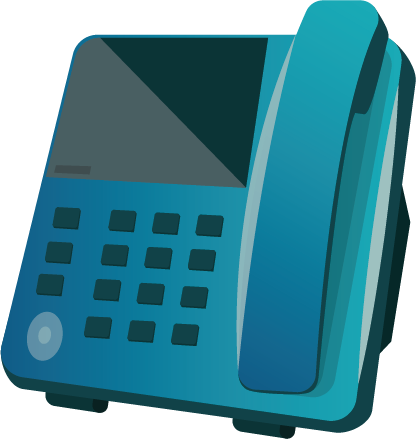
Flexibility with IP telephony
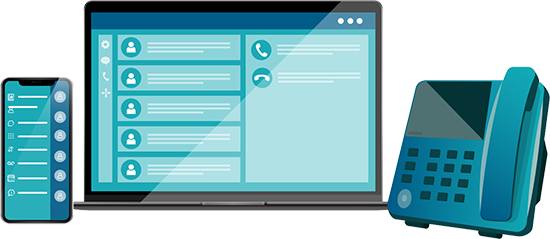
Functions in our IP PBX
Our IP PBX makes it simple to see what status your colleagues have set; who are in meetings, at lunch or on holiday thanks to a graphic referral system. It creates less confusion internally, thus delivering better customer service. Besides the status referral, you gain access to more flexible functions including:
- Call connection, direct or monitored
- Access to the company’s telephone directory
- Customised call signals for different incoming calls
Wireless IP-DECT, conference phone, or desk phone?
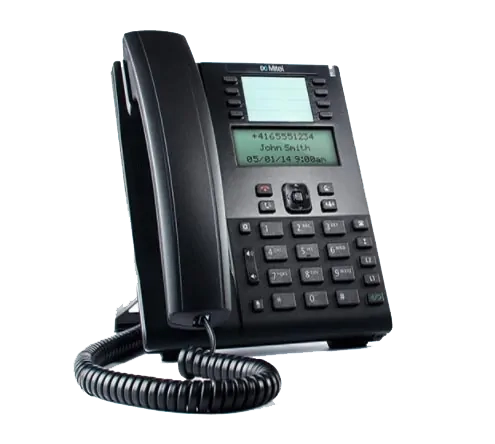
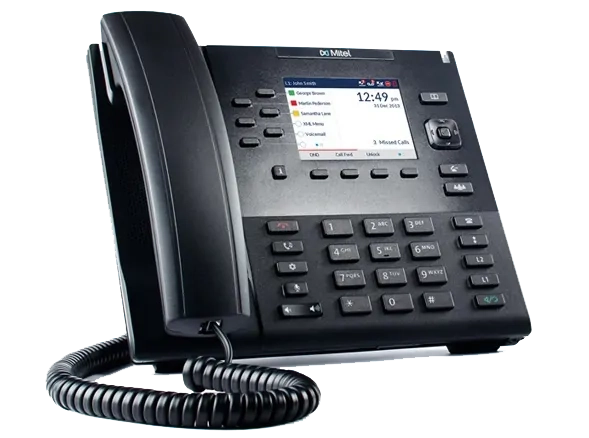
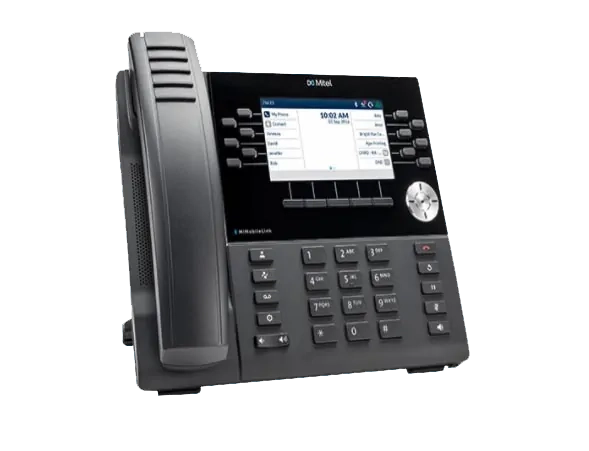
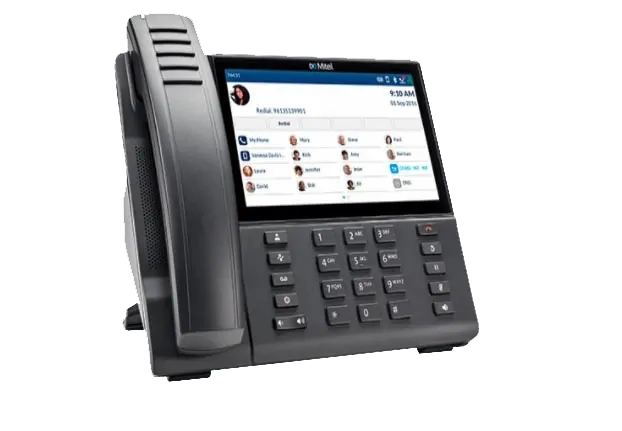
Types of IP Phones
We have support for the following IP telephones:
- Desk phones
- Conference phones
- IP-DECT/Wireless phones
Most modern IP phones and software-based phones (softphones) are compatible with SIP (Session Initiation Protocol) and can be configured with SIP credentials that we support.
Here are examples of IP phones that can be configured with SIP credentials:
Desk Phones
Snom D3xx series (e.g., D305, D345)
Snom D7xx series (e.g., D717, D785)
Mitel 68xx series (e.g., 6863, 6869)
Mitel 69xx series (e.g., 6905, 6940)
DECT Phones
Gigaset R700H
Gigaset S700H
Snom M-series (e.g., M25, M10)
Conference Phones
Mitel 6970 Snom C520
Click here or contact us at +46104105000 to find out which phones we support.
What is IP telephony?
IP telephony stands for Internet Protocol telephony. Thus, it is a service for telephony via the Internet instead of the traditional PSTN. IP telephony uses “internet protocols” to communicate digitally via the internet. So it is your phone via a high-speed Internet line instead of being a fixed phone. Instead of using the traditional telephone system, companies calling via IP telephony can utilize an internet connection and the included hardware and applications to communicate more effectively. More companies choose to use the technology to improve the organization’s productivity while reducing operating costs. With IP telephony you get a functional and flexible company telephony at a fraction of the cost of a traditional fixed exchange solution.
IP telephony combines the mobility of a mobile phone with the main advantage of a landline telephone, namely stability. VoIP services can be used with any high-speed internet connection (DSL, cable or other types), regardless of location or vendor.
What are the benefits of IP telephony?

Is IP telephony and VoIP the same thing?
Common questions about IP telephony
No, it's not free to make calls using IP telephony. You still have to pay for outgoing traffic that goes out into the public telephone network because an operator carries the traffic. However, internally within the company, you can make calls for free since the call doesn't need to go out into the telephone network.
Assuming you have a good connection, the quality is significantly better when making calls via IP telephony. The frequency range in the analog network is more limited, while IP telephony has a broader frequency range. So, if you have good technology that can capture this range, you get much better audio quality in your call. However, if you lose connection while making a call with IP telephony, the sound tends to become more distorted. If the same thing happens with analog telephony, the sound just becomes weaker.
Yes, you can use IP telephony on your mobile phone, and it's called Mobile VoIP. Mobile VoIP is preferably used in conjunction with Wi-Fi on your mobile device. This is to ensure the best possible connection so that the quality of your call is not affected. The technology is based on the same idea as regular IP telephony, namely that calls are transmitted over the internet.
Get in touch with us
Our competent sales representatives will be happy to contact you and help you with your specific needs, or you may call us at 010-410 51 30 to speak to an advisor directly.
Click here to go to support instead.
